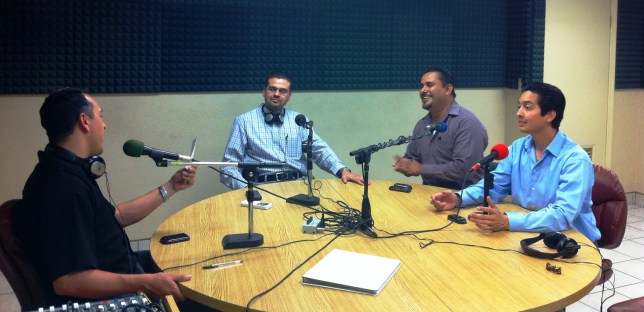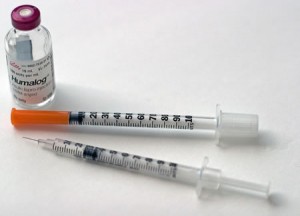As reported on Sky News and the New York Times, there has been a radical turn around regarding the use of bariatric surgery to prevent/ control and even “cure” diabetes.
Not a vanity procedure
Once relegated to the category of a” vanity” procedure, bariatric surgery has emerged as a legitimate, life-saving intervention which has been scientifically proven to have multiple major health benefits.
For years, patients have had to jump numerous hurdles to be considered for this procedure. One of the biggest hurdles was often that patients were not considered fat enough to qualify for this procedure. The traditional guidelines restricted surgery to morbidly obese people, and then required these patients to perform numerous tasks to be considered eligible candidates of surgery such as attaining a diagnosis of “carbohydrate addiction” and losing weight prior to surgery as a sign of “commitment” to weight loss. This was in addition to several months of therapy with nutritionists and counselors.
A punitive process
While including this ancillary education may have assisted patients post-operatively, it also felt punitive to people who were seeking medical help. No one forces lung cancer patients to attend smoking cessation courses or counselling before having their cancer treatment nor do we require several sessions of pre-operative classes prior to a bowel resection.
New guidelines – perform surgery earlier (2012)
But as the data started to emerge that showed long-lasting health benefits of surgery-assisted weight loss, debates raged between International and American physicians. Several years ago, several international organizations such as the International Diabetes Federation began to recommend lowering the eligibility criteria for bariatric surgery – particularly for patients with documented complications of obesity present (diabetes, coronary artery disease, severe orthopedic injuries). But these recommendations were ignored by American medical societies and many physicians including the doctors responsible for initiating referrals to bariatric surgery programs. Americans. it seemed were reserving the the more effective treatments (like gastric bypass or gastric sleeve) for the super-obese, and the prototypical 600 pound patients.
Obese patients who did not meet these rigid guidelines were often sent for less effective procedures like lap-band or balloon placement. Insurance companies often denied payment stating that surgery in these patients were ‘not medically necessary’ and thus it was considered a ‘vanity’ procedure. Additionally, in most cases, the procedures failed to produce meaningful or long-lasting results.
Adding stigma and shame to a medical condition
Patients who were overweight and seeking definitive treatment were often made to feel “lazy” for being unable to lose weight without surgical assistance. They were also told to return only if they continued to fail (or gain weight).
The Diabetes Pandemic
But as the obesity pandemic continued to escalate at breakneck speed along with obesity-related complications (and healthcare costs skyrocketed), the evidence began to become too overwhelming to ignore.
New guidelines were passed for eligibility criteria for gastric bypass procedures. These guidelines reduced the necessary BMI to qualify for surgery, especially in patients with co-morbidities such as diabetes. But it still ignored a large segment of people; non-morbidly overweight people with early diabetes – the very group that was most likely to have a high rate of success and immediate normalization of blood sugars*.
But now the government of the United Kingdom and the National Health Service (NHS) have adopted some of the most progressive recommendations world-wide; aimed at stemming the tide of diabetes and diabetes-related complications such as heart attacks, strokes, renal failure, non-alcoholic fatty liver disease (NASH) and limb ischemia leading to amputation.
The NHS should be commended for their early adoption of eligibility criteria that lowers the BMI requirement to 30 in diabetic individuals and eliminates this requirement entirely in diabetes of Asian descent**. Conservative estimates believe that this change will make an additional one million British citizens eligible for bariatric surgery.
* As a ‘cure’ for diabetes, gastric bypass is most successful in people who have had the disease for less than eight years.
Surge of patients but few surgeries
But can supply keep up with demand? Last year, according to the our source article (NYT), only 9,000 bariatric procedures were performed in the UK.
**Diabetics of Asian and East Indian heritage (India, Bangladesh, Pakistan) often develop a more severe, aggressive, rapidly progressive form of diabetes which is independent of BMI or obesity.
More from the Diabetes & Bariatric Archive:
Bariatric surgery and the family
Bariatric surgery and CV risk reduction



























